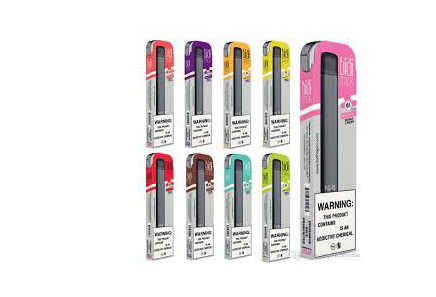
The Philippine E-Cigarette Industry Association (PECIA) is urging Senator Ralph G. Recto to reconsider his proposal to limit the flavors available for vapor products to just tobacco and menthol, reports Business World.
Senate Bill (SB) No. 1951, or the proposed Vaporized Nicotine Products Regulation Act, seeks to regulate the importation, manufacture, packaging, distribution, use and promotion of vapor products and heated tobacco products (HTPs).
The bill imposes an 18-year minimum age for the purchase, sale and use of these products. It also prohibits vendors from selling vapor products within 100 meters of a school, playground and other similar facilities.
“We are supportive of the proposal filed by Senator Recto. We believe that our products should not be made available to minors,” said PECIA President Joey Dulay.
“We also share his objectives of ensuring that proper product standards are put in place and that these are implemented by an able and impartial government regulator.”
But while acknowledging that some flavors target youth, Dulay noted that there are also many flavors that are not attractive to kids and have been shown to help adult smokers to switch to these products. As examples, he cited coffee, tea and plain fruit flavors.
Dulay noted that in the U.K., a wide range of flavors is offered for vapor products, which nevertheless have low youth uptake rates. He said this proves that a good law and its proper implementation are key to preventing minors from accessing such products.




















